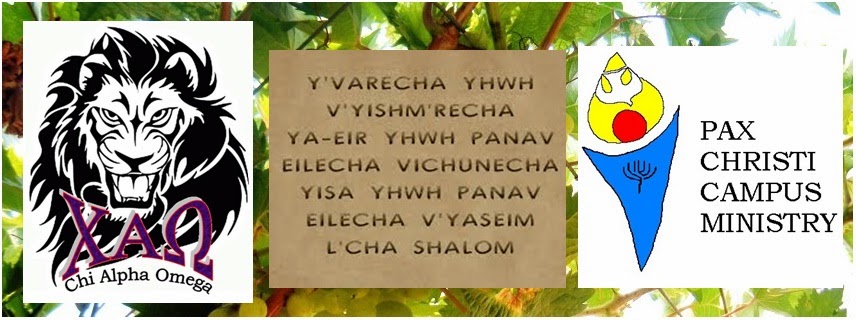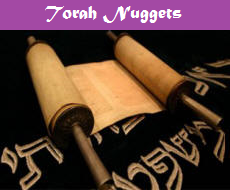((Leviticus 1:1)
Adar II 8, 5776/March 18, 2016
It begins with a barely audible voice and then launches into a detailed manual ostensibly relevant only to the Temple priests who will be handed the responsibility for conducting the service being described. What is Sefer Vayikra - the Book of Leviticus - all about, and who is it speaking to?
"Vayikra - and He called - el Moshe - to Moshe" - the opening words of the book of Leviticus, is the heart and soul, the life breath and spirit of the world of the korbanot - the Temple offerings - that Leviticus goes on to describe. The book of Exodus concluded with the establishment of the Tabernacle. G-d's presence - His "glory" as it is called in Exodus - fills the Tabernacle and Moshe cannot enter: Israel has created a sanctified space for G-d in the world, as He commanded them, and now it is G-d's turn to create within this sacred space a place for man to enter. "Vayikra - and He called" - is G-d doing just that. His name is not referred to, signifying a withdrawing of His presence in the Tabernacle - just a bit - to create a space for man, for Moshe. This newly created opening for man to get back in to the Tabernacle is further embellished by the unique way in which the word vayikra is written in the Torah scroll: the final letter of the word -alef - is written smaller than the other letters. The alef, which symbolizes the ani - Hebrew for me - the ego, the I Me Mine of the self, is diminished. G-d is calling to Moshe, saying, "You let Me be in your sacred space, now I will let you be in Mine." And thus the world of the Tabernacle, which would become the Holy Temple, begins. A place for man and G-d .
 When a person is not at peace with God, he has no peace. God
is the absolute subject of reality, so to be at war with God is to be at war
with reality.
When a person is not at peace with God, he has no peace. God
is the absolute subject of reality, so to be at war with God is to be at war
with reality.


